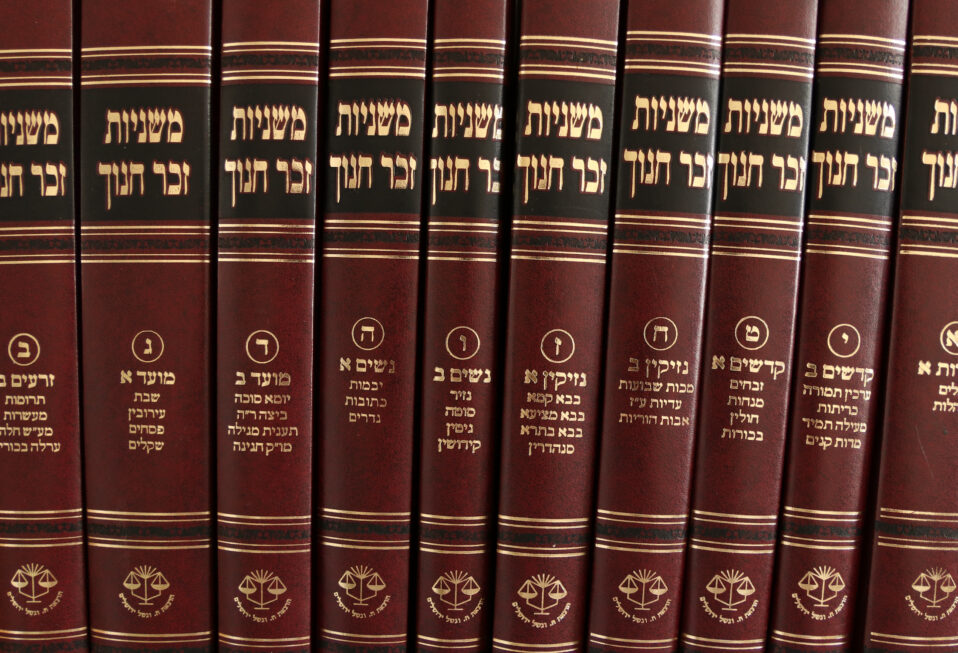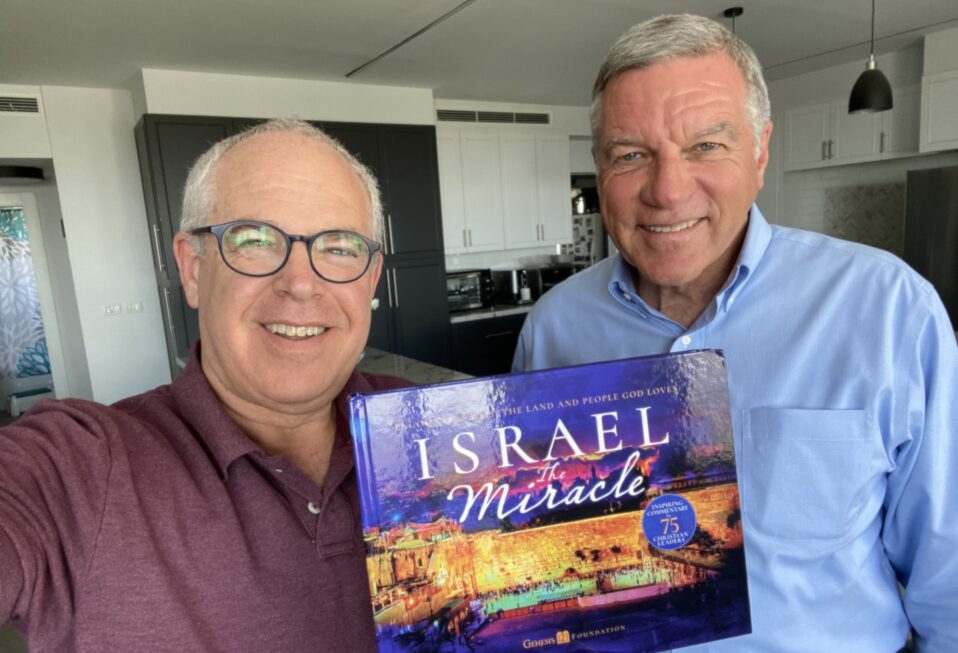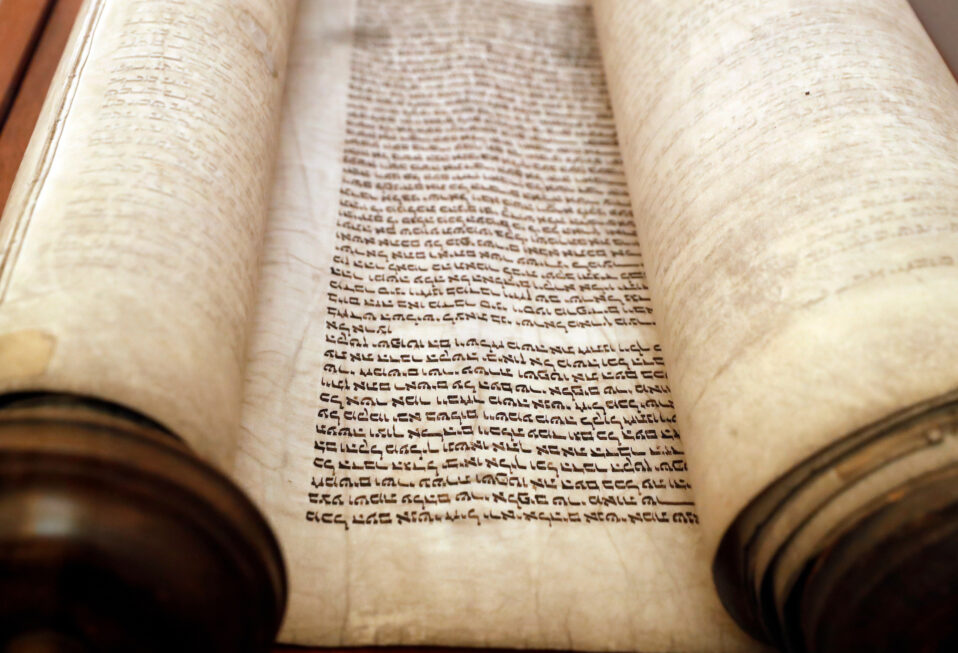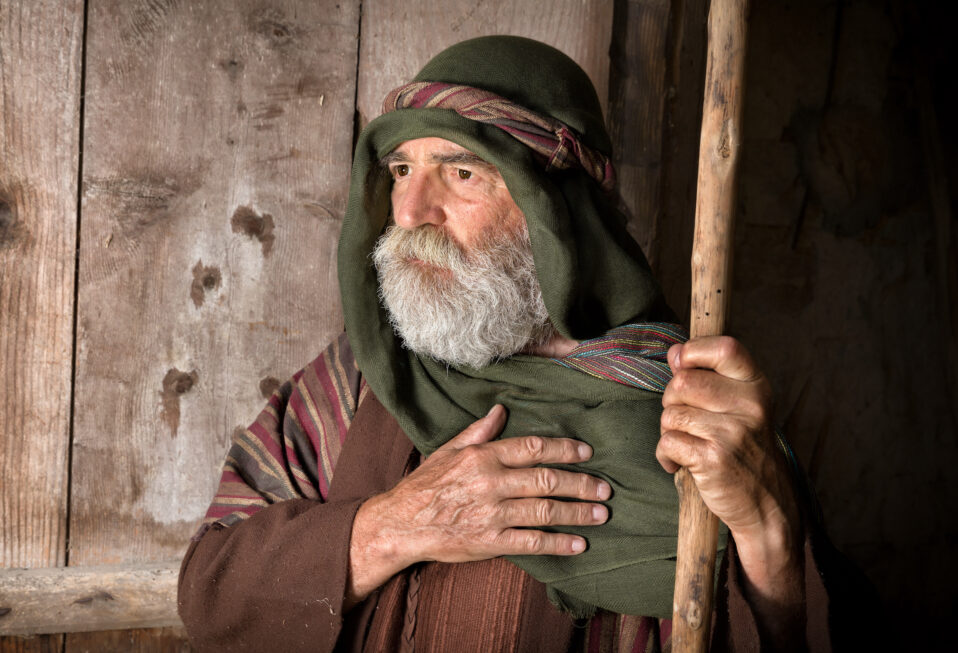By Arlene Bridges Samuels
On a beautiful night in the southern Israel desert, thousands of young men and women were celebrating the final hours of Sukkot—one of three main festivals, this one known for great joy. Billed as a “friends, love, and peace” festival, it instead ended in a shocking display of hatred and evil. Iran-backed terrorists cruelly began shooting to kill partygoers who scattered, running for their lives. In a cowardly, terror-laced version of celebration, Hamas infiltrators aimed their weapons at innocent civilians whose only “crime” was that they were Jewish.
Reportedly, the genocidal terrorists encircled a large group and shot all of them dead—like they were animals or pests. The numbers are still mounting, but at this writing over 1,000 people were slaughtered or kidnapped.
“Never Again” is Again!
To carry out this three-pronged incursion by land, sea, and air, the Islamic Regime and its proxy Hamas must have plotted for months to develop such a sophisticated strategy. Many ask, “How did this happen to Israel?” In a country known for its vigilance and advanced technology, this question will be debated and examined in the weeks, months, and years ahead. But for now, here is my perspective as a longtime advocate for Israel.
First, Israelis had celebrated their annual weeklong Feast of Tabernacles (Sukkot) this year between Friday, September 29, and Friday, October 6. Sukkot commemorates the 40 years Jews spent in the desert after escaping slavery in Egypt. Secondly, the next day, October 7, was Shabbat. Families throughout the country slept in a state of contented exhaustion, with Israel shut down as it is each Shabbat. And then, out of nowhere, the Hamas air attack utilized bomb-carrying drones that targeted IDF outposts near the Gaza fence, also disabling the technology. Thousands of coordinated rockets began falling in Israel as bulldozers breached the supposedly impregnable Gaza fence. Bloodthirsty terrorists zoomed in on motorcycles and in pickup trucks packed with men who were all too eager to kill, kidnap, and rape. The sneak attack from Israel’s cowardly enemies is all too reminiscent of the 1973 Yom Kippur War attacks on their holiest day of the year.
Meanwhile, showing the true nature of Iran’s leaders, video clips appeared shortly on social media showing their Parliament members on October 7th chanting, “Death to Israel. Death to America.” You can be sure they saw the first unspeakable photos of the murderous rampage into southern Israel’s kibbutzim and towns.
The trusted non-profit organization Palestinian Media Watch (PMW), which specializes in skillfully translating Arab media into English, reported a sample of Palestinian Fatah hatred with this headline: “Strike the Sons of Apes and Pigs … slaughter everyone who is Israeli.” Fatah controls the Palestinian Authority (PA), which is led by President Mahmoud Abbas, the 87-year-old tyrant who has not held an election since 2009. Fatah has now called for violent Palestinian uprisings in Judea and Samaria. Early on, Abbas “…stressed the right of the Palestinian people to defend themselves against the terrorism of settlers and the occupation forces.”
Again, the true nature of another dictatorship, with a man who leads a movement that glorifies terrorists. Abbas enforces the “pay to slay” policy aimed at recruiting Palestinians to become “martyrs”—and then financially rewards their families for a lifetime.
The above examples of the Iranian-backed proxies, Hamas, Fatah, Hezbollah—and others like them—reflect the dreadful and dangerous reality of the evil terror mindset. Hate has deformed too many Arab minds through using media and an educational system that begins with kindergarteners. Tutored by hate, these indoctrinated children grow into adults manipulated by their leaders. Millions are victimized by the poisonous emotions pouring into the minds of those living in Gaza, Judea, and Samaria (in Palestinian-controlled towns) or under Imams weaponizing fanatical Shia Islam. It is my hope that the horrific photos and video clips of these human beasts will finally wake the world up to what Israelis have dealt with for decades.
Similar to the unspeakable Nazi genocide of six million European Jews—rounded up, incarcerated in prison camps, and killed en masse using industrialized methods—these Islamic murderers are enacting the same, malicious Jew hatred. Shouting their Arabic “Allahu Akbar” (“Allah is the greatest”) as they paraded in the streets of Gaza with American, Israeli, and other hostages with ghastly cheers and shouts while abusing dead bodies and Jewish men, women, and children still alive.
Numerous Israeli military and political leaders tell us this will be a “long war.” For the first time in 50 years, since the Yom Kippur War in 1973, the 37th Israeli government’s Security Cabinet officially declared war. On the night of October 8, 2023, as per Article 40 of Israeli Basic Law, they stated: “The war that was forced on the State of Israel in a murderous terrorist assault from the Gaza Strip began at 06:00 yesterday” (Saturday, October 7, 2023).
While I understand the comparative magnitude of the terms, “Israel’s 9/11 and Israel’s Pearl Harbor,” the moniker of this war must be distinctly Jewish. I am calling it The Sukkot War.
Since 2020, the Abraham Accords have been a welcome breakthrough with Israel amid ongoing talks with Saudi Arabia. Likely this plays into Iran’s demonic strategy launched on October 7, a threat to their hegemony in the region and beyond. Nevertheless, it is time for Arab nations to resettle—into their nations—Arab civilians from Gaza who are not part of Hamas.
Israel, the U.S., the UN, and Europe have supplied Gaza with almost-daily humanitarian aid since 2005, when the Israeli government forcibly evacuated every Jew (around 8,000) from their homes, businesses, schools, and synagogues. The same day the last IDF soldier closed the gate as he departed, Palestinians tore through Gaza destroying every asset left behind to help them. Two years later they elected Hamas, beguiled by promises to help them—promises that are still unfulfilled. Israelis literally handed Palestinians a state hoping they would create a “Singapore by the Sea.” Instead, 18 years later the Jewish state is facing a dire existential crisis.
We are witnessing a crossroads in world history. American churches must make serious decisions. Will we advocate openly for the world’s only Jewish state? (Not because the Jewish nation and people are perfect; they are not, and we are not.) We advocate for Israel because we love Jesus, He loves them, and He loves us unconditionally anyway.
The Sukkot War looks like it is only about an argument between Israel and Palestinians—like nothing but a political tug of war, with different sides pulling hard on a rope. Yet it is much bigger and deeper. Satan has fashioned a deadly rope around the necks of nations to destroy Israel. It is a war against God, against His land, and against any believer who stands in the way. Are we ready?
Evangelicals cannot imitate the apathetic German church during World War II. Most churches looked away as trains full of Jews stuffed in cattle cars rolled by on the tracks while church members sang hymns. A remnant of Christians risked their lives, but it was not enough. Will we be enough in the dark days ahead?
We must prepare ourselves. Media will drop any current sympathies and revert to their habitual condemnation of Israel. It has already begun. A rebellious world is embroiled in a storm of accusations. Be ready as believers.
Choose to be truth tellers by remaining close to our Savior, drawing strength from Him, fellowshipping with believers, and reading our Bibles often. Consult trusted media: CBN News, Erick Stakelbeck, TBN’s The Watchman, Amir Tsarfati on Telegram, and All Israel News. Grab this fact now: Remember that the Islamic Republic of Iran, the new Nazis, are responsible for endangering the entire Gazan population as pawns. The United Nations Relief and Works Agency (UNRWA) reports that already more than 74,000 refugees are in shelters. They have become refugees at the hands of their hateful dictators.
Unquestionably, pray. Multiple prayer efforts are well underway. However, actions must emerge from our prayers.
Lastly, the U.S. Congress remains a bastion of passing bipartisan legislation that bolsters Israel’s security needs and in turn benefits the U.S. with vast cooperation and intelligence-sharing with Israelis. I served on staff of the American Israel Public Affairs Committee between 2007-2016 as their first Christian Outreach Director covering 69 congressional districts in the Southeast. Reaching out to members of the U.S. Congress via AIPAC and its lay leaders is important and effective to make sure we help our spiritual homeland by appealing to Congress to remain pro-Israel. Lay aside your disdain for politics and put it to holy use on behalf of God’s land and people. You can easily learn and act right away.
Israel needs humanitarian aid right now. Victims of terror and violence need emergency relief. Evacuees from the warzone need food, clothing, and shelter. Your loving support can help fulfill the words of the prophet in Isaiah 40:1, “Comfort, comfort My people,” says your God. Please give a special gift to CBN Israel as they mobilize coordinated relief efforts. Donate today.
Join our CBN Israel team this week to repeatedly pray for Israel. Lamentations 3:46-48 NIV describes the shock, trauma, and grief Israelis are experiencing. “All our enemies have opened their mouths wide against us. We have suffered terror and pitfalls, ruin and destruction. Streams of tears flow from my eyes because my people are destroyed.” Verse 66 is a request: “Pursue them in anger and destroy them from under the heavens of the LORD.”
Prayer points:
- Pray for the 300,000 plus Israeli Defense Forces reservists and those who are currently active military as they defend their homeland in the air, sea, land, and cyber security.
- Pray for the hostages kidnapped into Gaza (including Americans) and for a leader to negotiate with Hamas effectively.
- Pray for the many families who are already burying their loved ones among more than 1,200 dead and 2,700 wounded.
- Pray for Americans who have lost family members or do not yet know where they are.
Arlene Bridges Samuels pioneered Christian outreach for the American Israel Public Affairs Committee (AIPAC). After she served nine years on AIPAC’s staff, International Christian Embassy Jerusalem USA engaged her as Outreach Director part-time for their project, American Christian Leaders for Israel. Arlene is an author at The Blogs-Times of Israel and has traveled to Israel since 1990. She co-edited The Auschwitz Album Revisited and is a volunteer on the board of Violins of Hope South Carolina. Arlene has attended Israel’s Government Press Office Christian Media Summit three times and hosts her devotionals, The Eclectic Evangelical, on her website at ArleneBridgesSamuels.com.














